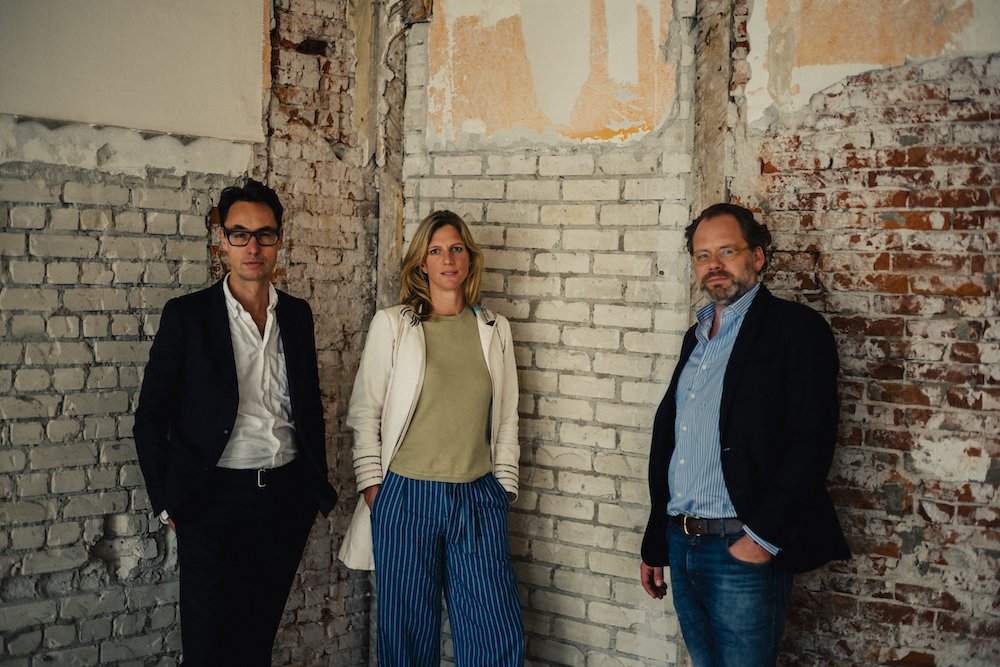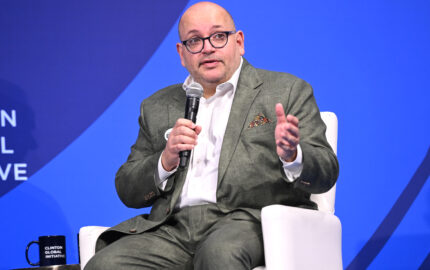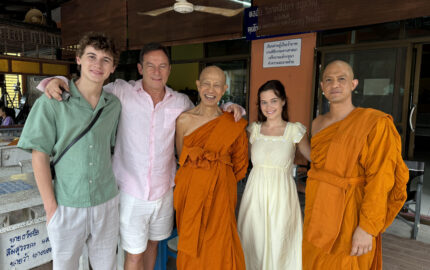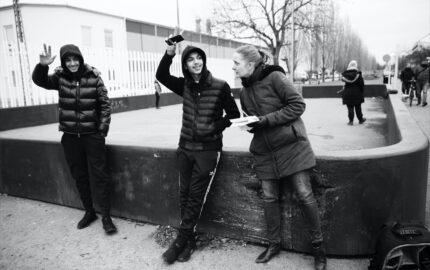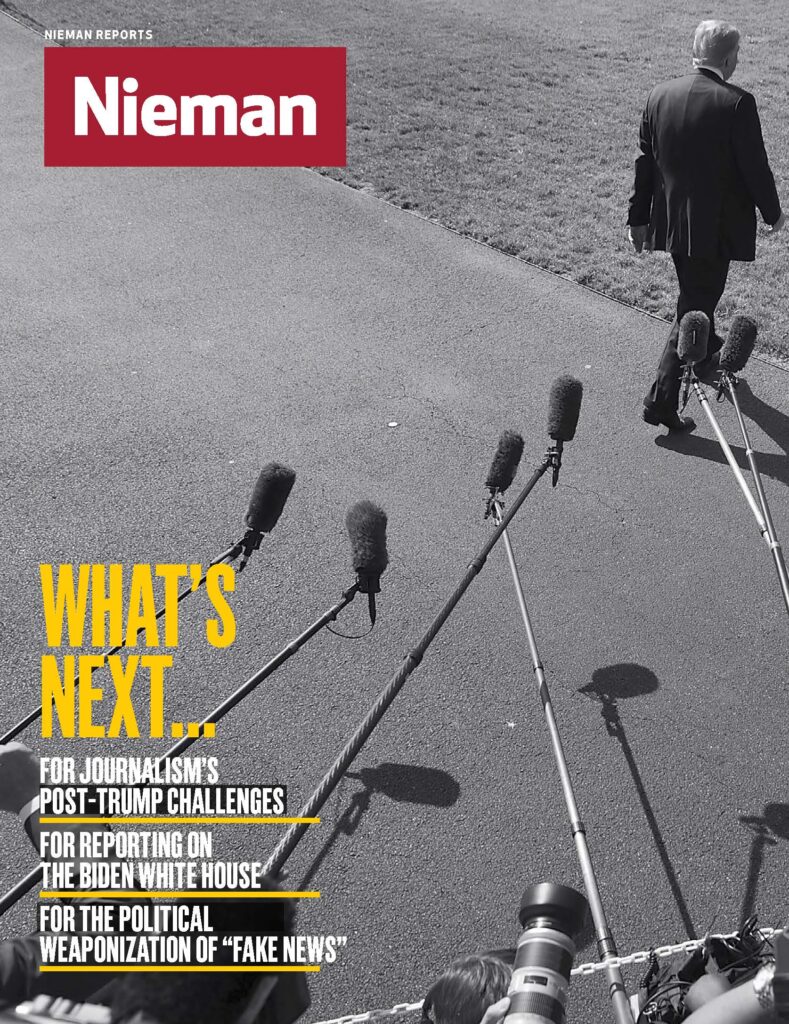
As they prepare to cover the post-Trump era, political reporters in particular will face critical challenges, and the lingering issues of media mistrust, conspiracy theories, and journalism’s economic sustainability will continue to plague the media no matter who is in the White House.
What is the power, urgency, some would say duty of journalism in the face of the crises the world is facing today, starting with the climate, inequality, and democratic decay?
I have no clear answers, but I have the opportunity to come up with formats, texts, videos, podcasts, and films to make the case that employing journalistic methods of research and storytelling in the context of a meaningful goal is indeed journalism for our times. I deeply believe that it is an important aspect of journalism, though not the main objective and arguably controversial in the face of what some would call objectivity, to formulate and follow a set of values that guide the work.
In 2019 I left Der Spiegel (where I had been working for 10 years as a writer and as a columnist) to join and help build The New Institute, a “platform for change,” as we call it. This philanthropically supported Hamburg-based enterprise combines academic rigor and, well, an activist mission, focusing the journalistic work to further the ecological, economic, and democratic transformation of societies.
The New Institute is an Institute of Advanced Study that is inviting fellows from academia, the arts, activism, government, media, and business to collaborate to find solutions to some of the most pressing problems we face, as a species. The broader goal is to find a narrative for a just and sustainable ecological, economic, and democratic transformation.
Storytelling, I believe, is essential to move people, on an individual as well as on a societal level. The climate crisis, capitalism, and democracy are all very material fields where reform is needed. With each, there are underlying narratives that determine very often the kind of policies proposed, assumptions being made, actions taken. Change cannot be reduced to storytelling, but storytelling is very often at the beginning of change.
What we are trying at The New Institute, as a journalistic enterprise, is to fill the void in the middle of the triangle of academia, politics, and media with meaningful and coherent content that supports a hybrid form of change-making and classical journalism. This effort seeks to find pathways to fundamentally reconfigure societies.
I am learning every day, and I would like to connect and reflect and collaborate with anyone in the wonderful Nieman network who is working on some of the same questions or who is interested in exploring them together. I have come to understand that one of the deficits of the kind of journalism that I had been doing is the lack of openness, of community, and a sense of purpose. Too often, the work is too reactive, not constructive or even informative in a larger sense. How can we change that?
